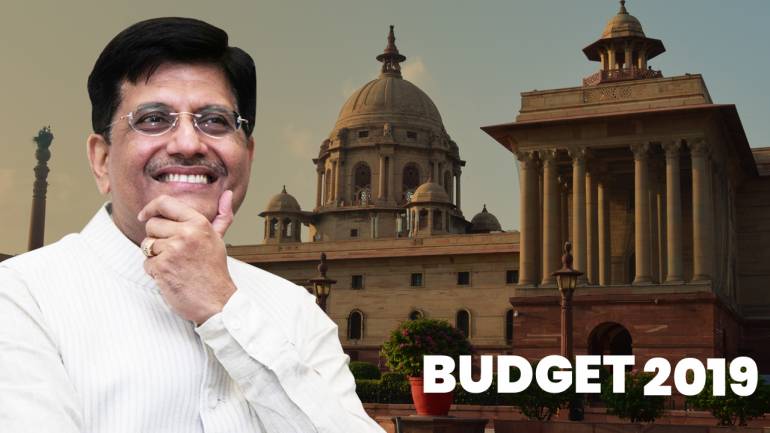The interim budget should enable you to improve your QLQ a little bit for now, and possibly even more when the final budget is presented later this year.
Vishal Dhawan
How can the way a government earns and spends its money have a significant impact on your life and, of course, your personal finances? After all, a budget announcement could reduce or take away a portion of your income through direct taxes like income tax, or increase your living expenses through indirect taxes like GST. Since a Union Budget covers multiple segments of society ranging from farmers, small and medium enterprises, the middle class and the wealthy, it is critical to sift through all this information and ask yourself: How does my Interim Budget affect my life or will my "Quality of Life Quotient” (QLQ) after this Budget?
So let's look at how the various aspects of the interim budget have helped (or not) improve your QLQ:
deductions is above Rs 5 lakh, as the tax slabs have not been changed. Therefore, your QLQ improves if you have income below this threshold by having an additional Rs 12,500 to spend or invest next year.
However, all is not lost. With the increase in standard deduction from Rs 40,000 to Rs 50,000 next year, this additional standard deduction could save you some tax, putting more money in your pockets to either spend or save, thereby improving your QLQ.
For business owners that have annual turnover upto Rs 5 crore, they now have to pay GST on a quarterly basis, thereby improving their cash flow as well as reducing their administrative burden. Once again, QLQ gets better for them.
If you have a second home, you were earlier required to pay tax on notional rent from the property, even if you had not actually leased it out. You now do not have to pay those taxes on notional rent. QLQ goes up for second home owners. Avoid buying a second home just because of this provision though, as investment in real estate needs to fit your needs from an asset allocation perspective.
There are a few steps to make it easier for you from an administrative perspective. These will not reduce tax but will make your life easier and thus increase your QLQ.
- For example, the tax deduction at source (TDS) limit on interest income from bank deposits and saving schemes has moved up to Rs 40,000 from Rs 10,000 earlier. This means less administrative pain in chasing refunds.
- In addition, the TDS limit on rental income has moved up from Rs 1.8 lakh to Rs 2.4 lakh.
- In addition, the tax department is planning to ensure processing and refunds within 24 hours and only online interactions between tax payers and tax authorities over the next two years.
For individuals planning to sell their property, if you have long-term capital gains from the sale of property of upto Rs 2 crore, then the tax department has allowed you a one-time opportunity to utilise the amount to purchase or construct two residential houses in India instead of one residential house. This will be permitted only once. Thus, your QLQ increases here as well, from a succession planning perspective.
On the inflation front, since the government has been able to broad keep the fiscal deficit under check at 3.4% of GDP, inflation should remain under control, thus keeping your expenses under control. This should allow you to better manage your savings and investments. Your QLQ gets better as a result.
All in all, the interim budget should enable you to improve your QLQ a little bit for now, and possibly even more when the final budget is presented later this year.
The author is a certified financial planner and founder of Plan Ahead Wealth Advisors, a SEBI registered investment advisory firm.You can now invest in mutual funds with moneycontrol. Download moneycontrol transact app. A dedicated app to explore, research and buy mutual funds.Indian Union Budget 2019: What does the FM have up his sleeve in the run up to the General Elections? Click here for live Budget 2019 news, views, analyses and more.





















